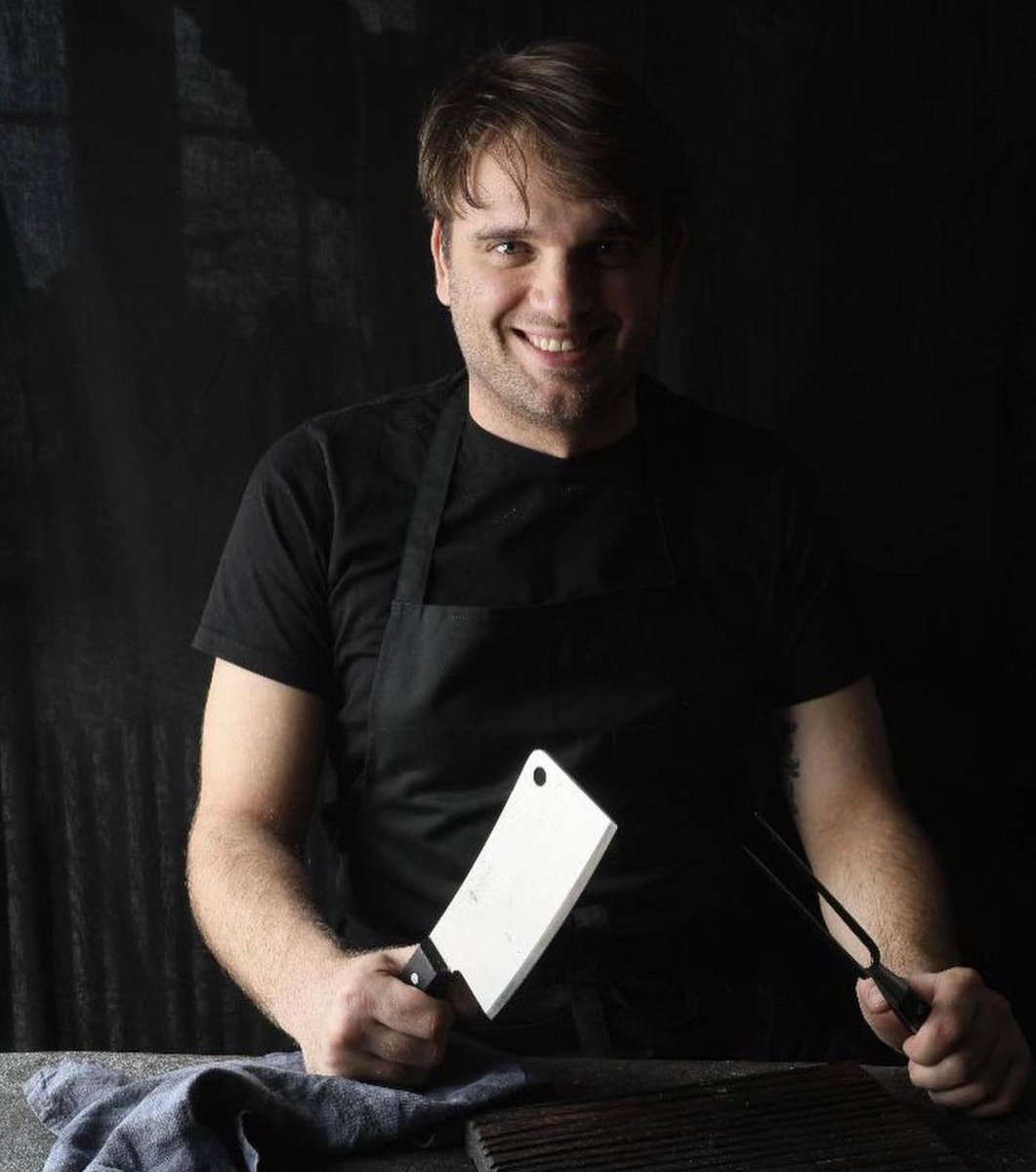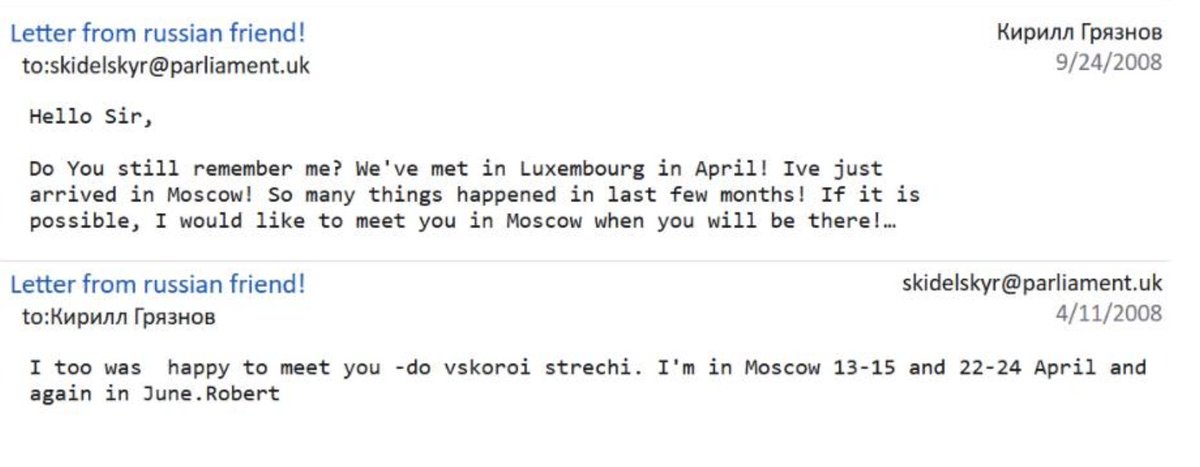New insights from "Karl," the Estonian military analyst, as told to @holger_r and me: 🧵
"Last time, we discussed that the situation near Vuhledar had become critical for UA. By now, it has been abandoned. In summary, RU's offensive toward Vuhledar began a year ago with an attack on Novomykhailivka. The situation in Vuhledar itself started to become uncomfortable a few months ago."
"The main reason RU is advancing there—like along the entire eastern front—is that it's hard to defend against Russian bombs. If RU bombers get close and drop glide bombs, sooner or later UA positions are destroyed, and they must retreat."
"The key question on the eastern front is whether UA has strong enough defensive positions beyond Vuhledar to the north and west. If new positions are in place and RU losses beyond Vuhledar are significant enough, it's possible to halt the front. The next couple of weeks will show whether UA's defensive lines are strong enough."
"If the positions aren't there, it could turn out like after Avdiivka, where RU was able to move forward right after capturing the city. That's why they're in Vuhledar today. Under Bakhmut, the Russians couldn't achieve this. With minor exceptions, they are in almost the same place in Bakhmut as they were a year and a half ago."
"If the front halts behind Vuhledar, losing Vuhledar wouldn't be too tragic. At the start of the war, less than 20,000 people lived there. RU took 2.5 years to capture it, and considering how many RU troops were killed in 3-4 large attack waves and how much RU armor was destroyed, it's a very high price."
"At the same time, Vuhledar was the southeastern corner of the front. If RU continues advancing, the front could potentially move both north and west. This is the risk. If RU pushes this corner, the front may shift in both directions."
"RU's offensive pace elsewhere on the eastern front has clearly slowed down. A few weeks ago, the situation in Pokrovsk was critical, but now RU is advancing very, very slowly there. UA has managed to stop a major push there. There is still a RU offensive from the Kurakhove direction."
"Elsewhere on the front, RU has exerted pressure between Kupiansk and Lyman but hasn't been able to advance on the larger towns. They’ve pushed toward the Oskil River, and there has been some success, but it's still on tactical level. There is no visible threat of RU being able to cross the river."
"In Kursk, the positions have stabilized. RU launched a major attack, which was unsuccessful. RU has enough units there to prevent UA from advancing further but not enough to push forward themselves. Broadly speaking, positional warfare continues, but neither side has clear defensive lines."
"This allows special forces units to inflict damage on the enemy, but not to capture new territory. Near Vovchansk, RU was driven out from the plant. The major offensive RU launched under Kharkiv in the spring ended with less success than UA's southern offensive last summer."
"The overall picture is not as bad as one might read in the Western media, where it seems UA is on the brink of collapse. I don’t see that. But UA certainly doesn't have the strength to take the initiative across the entire front. The initiative is either in RU's hands or neither side's."
"It's now clear that RU has gotten its Shahed industry up and running. Almost every night, 25-30 Shaheds head toward Ukraine. UA's ability to shoot them down is good, but occasionally some still manage to get through air defenses."
"There are also days when UA shoots down all the Shaheds or suppresses them with EW measures, but RU still keeps Ukraine's air defenses and population under constant pressure. The ongoing air alerts are unpleasant and mentally exhausting."
"RU received information from Iran in the summer of 2023 on how to produce Shaheds. Shoigu at the time promised mass production by the end of the year. In reality, they got it going by July-August of this year."
"However, the number of RU missile strikes remains relatively low. It's rare for them to launch more than 10 missiles at a time. More often, it's 2-3 missiles a day. It's clear that UA can shoot down certain types of missiles, while others can only be intercepted with Patriot systems."
"RU constantly attacks Kyiv with Shaheds, but missiles don't get through there, so RU doesn’t launch many missiles toward Kyiv. In the past week, Khmelnytskyi Oblast and its military airfields have been attacked several times. RU’s goal is to hinder the successful integration of F-16s. Although they haven't hit any planes, if they can cause technical problems at airbases, it will slow down the use of F-16s."
"The events in the Middle East have a mixed effect on the war in UA. The whole Middle Eastern conflict draws attention away from the war in Ukraine, which isn't good from UA’s perspective. But at some point, the opposite effect begins to emerge: Western countries realize that with specific states or structures that speak only the language of force, you can only respond in kind. The theory of de-escalation doesn’t work with them."
"Iran is falling into a trap, and its actual military capabilities are being exposed. They lack the means to cause significant damage to Israel. Iran’s leadership fears that what happened to Hamas and Hezbollah leaders could happen to them as well."
"If the West provided UA with technology at the same level as Israel’s, the war could be changed significantly. But we are still dealing with the question of long-range missiles. If you're fighting, you can't impose restrictions on yourself that force you to fight with one hand tied behind your back. The US has constantly imposed such limits on UA."
"Israel's actions clearly show that results are better when you don't hold back against certain types of regimes."
"RU doesn’t fare well when their allies get beaten. RU certainly can’t rely on as much help from Iran as would otherwise be possible. But I still doubt that the current US administration can articulate this clearly to themselves."
"In rhetorical terms, France is better. In Macron’s circle, the issue is framed like this: Russia must learn to respect the West again. This is the right understanding. In the Russian language, respect means fear."
"Respect and fear are synonymous in Russian culture. If you’re not afraid, then there’s no respect. The West doesn’t understand this."
"I don't draw big conclusions from RU’s budget. We can't infer much from those numbers. Russia's defense budget has been opaque to the West for the last 15-20 years. We can’t verify what's really going on there. I tend to view [RU's rising defense expenditures] as an info operation, like 'we have reserves, so don’t expect to defeat us.'"
"The biggest problem with UA's victory plan is in strategic communication. Washington officials have expressed cautious support, but first, they let anonymous sources fill US media with talk that there's little optimism."
"It’s inappropriate to demand that UA come up with an independent victory plan. Although Ukraine's military industry capabilities are improving, Ukraine alone cannot defeat Russia in the coming years - this is only possible together with the USA and the EU. Asking 'Where is your victory plan?' is cynical. It shows that they don't want to invest themselves." /END
• • •
Missing some Tweet in this thread? You can try to
force a refresh







